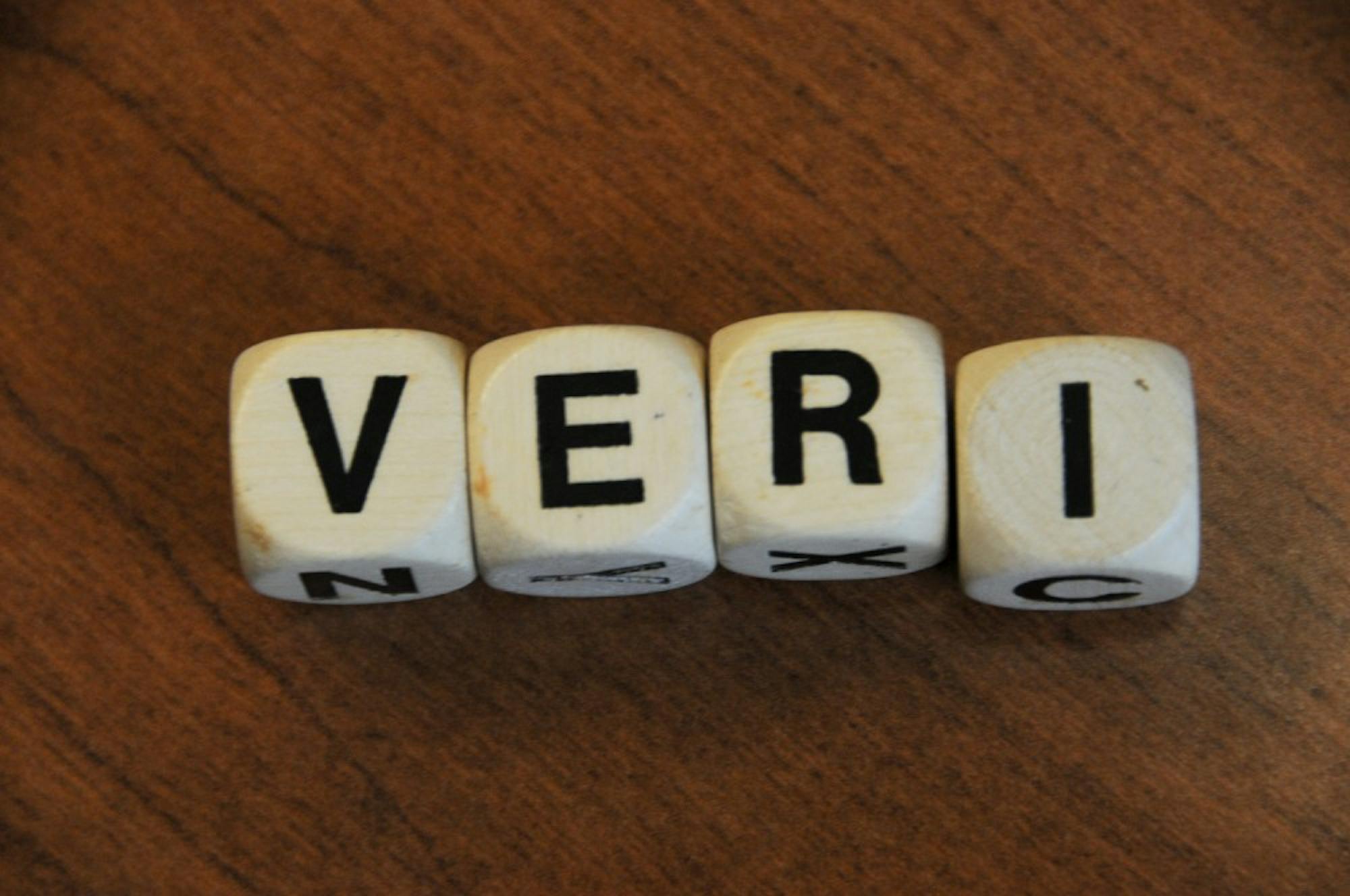In one of Shakespeare’s most popular plays, Juliet, the heroine engulfed in a deadly affair with a family enemy, laments the surname that confines Romeo to the role of her nemesis: “What’s in a name? that which we call a rose / By any other name would smell as sweet.”
Though Juliet’s sentiment rings true — names cannot possibly define the whole of an entity — what we decide to call ourselves, or how others refer to us, can significantly influence our identities and self-perceptions.
When I was 5 years old, I decided I needed a change. I think I was experiencing a mid-childhood crisis or something. At any rate, I started kindergarten by introducing myself to the class as Margaret, my full name, instead of Maggie, the nickname I had accepted until that point in my life.
While my experiment with the more adult-sounding name only lasted about a day, others make permanent changes to their names to reflect their new sense of self.
Penelope Williams ’16 said she chose to substitute Penelope for her former diminutive, Ellie, toward the end of high school.
“Everything in my childhood and family is Ellie,” she said. “Penelope is the part of me that struck out on her own.”
While awaiting our deliverance from our mothers’ wombs, we do not have the agency to select our names, but even the designations given us by our parents can express aspects of our personalities. Casidhe-Nicole Bethancourt ’16 said that Casidhe, which means “curly-headed warrior” in Gaelic, accurately describes her temperament. She noted that there is not an abundance of Casidhes, musing that just like the name, she stands on her own and commands a strong, independent mind.
The meaning behind our names sometimes does not align completely with our personas. Tierra Lynch ’16 said that her father suggested the Spanish word “tierra” as her name because both of her parents thought it sounded pretty. Lynch’s grandparents, however, strongly disliked the name, as “tierra” translates to “earth” or “dirt.” When Lynch studied in Buenos Aires this past spring, local residents often teased her about her name.
“I like it now, but when I was little, I hated it, and I wanted to change my name,” Lynch said. “I like that it’s different. When you are introduced, it is a topic of conversation, something different about me right away.”
Other names, besides being unique, are visually and audibly appealing. Veri di Suvero ’16 emphasized this quality of her name.
“I like that it’s short, that it has a lot of points visually to it,” di Suvero said.
Di Suvero’s surname also contains a story. Her father belongs to a line of Italian aristocrats who fled the country because of Mussolini’s persecution. Her ancestors stayed in China for some time before finally immigrating to the U.S. When they arrived during World War II, they did not want to associate themselves with Italy, a member of the Axis. Therefore, they chose the surname di Suvero, which means “from Severen,” a place in Austria where some of her ancestors lived. Di Suvero likes that her last name connects her to her ancestors although she has not met many of them.
John Damianos ’16 also has a rich history behind his last name. His ancestors, the Kokorogiannis, were wrapped up in a violent feud with another family in Greece. His grandfather finally immigrated first to England, then finally to the U.S., where he changed his last name to Damianos in honor of his uncle, Damian. Damianos especially likes the connection this name gives him to his Greek heritage.
“My heritage is extremely important to me,” Damianos said. “It’s a huge part of my identity. The first thing anyone knows about me is that I’m Greek. It is just a name but it also carries with it heritage and culture.”
Others connect to their family by their first names. Pauline Sydney Allard ’16 was named for her two grandfathers, Paul and Sidney. She goes by Sydney, joking that her parents wanted to make things especially complicated.
Allard did not know either of her grandfathers. Her family has told her that she exhibits some of the same characteristics as one of her grandfathers.
“We eat bread in the same way, rolling it into little balls,” Allard said.
Other parents pick their kids’ names in more spontaneous ways, rather than naming them after family members. Di Suvero’s father had a dream in which a girl appeared saying that she was his daughter Veri.
Bethancourt’s father liked the name Cassidy after the talk show host Kathie Lee Gifford named her daughter exactly that.
And Williams was supposed to be named Madeline, but her father switched his mind after watching a black-and-white film featuring a Penelope two days prior to her birth.
Names are often the first thing people know about an individual. Although many people go through phases of wanting different names for themselves, we come to realize that we can’t really see it any other way.
“There are definitely names that don’t fit me,” Allard said. “I could never be a Maggie. I’m a Sydney!”
The article has been revised to reflect the following correction
Correction appended (7/27/14):
The photo accompanying the story online was courtesy ofVeri di Suvero '16, when it initially had been marked as by Jin Lee, a member of The Dartmouth's senior staff.




